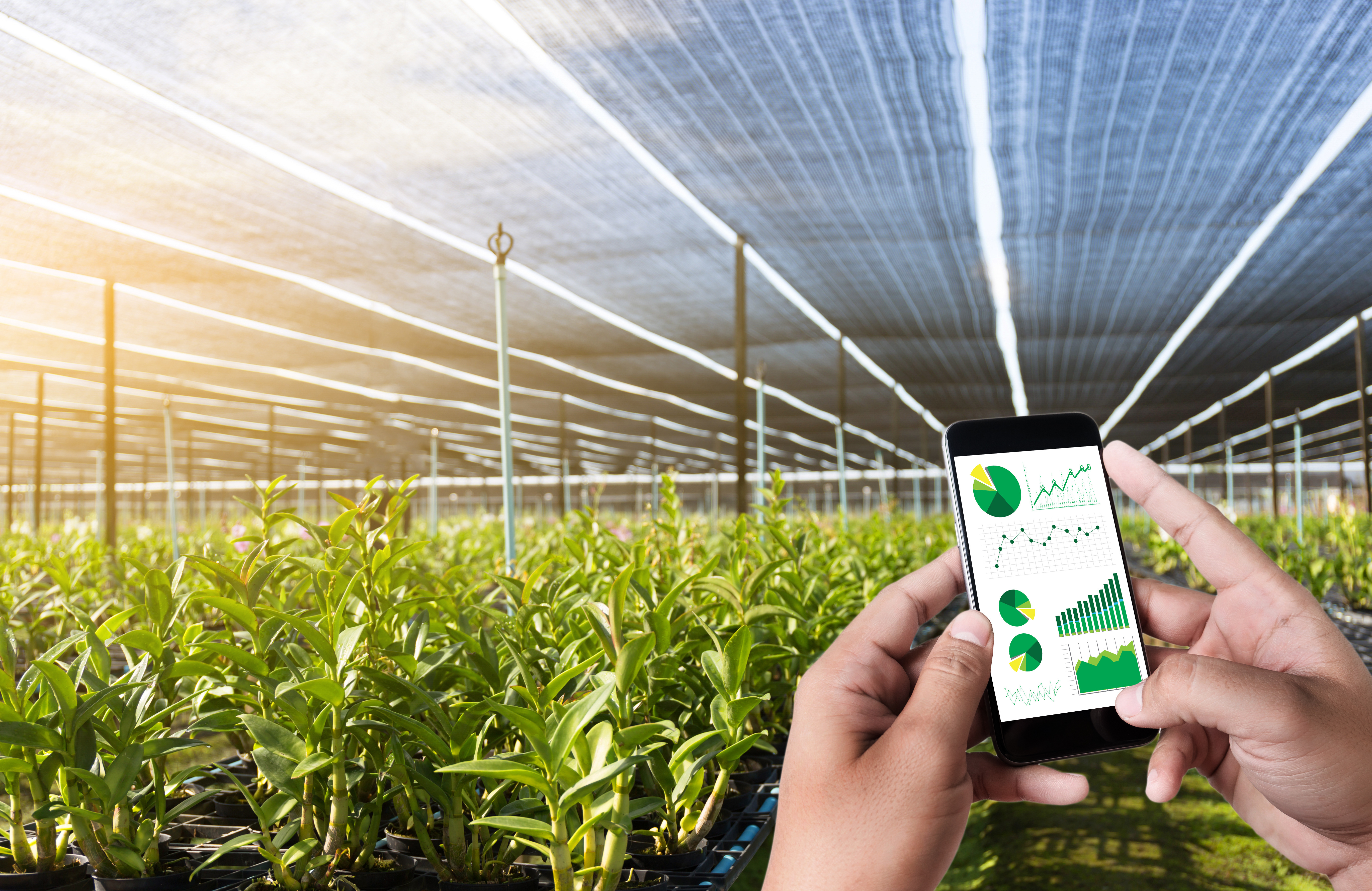
The program’s ninth cohort will receive non-dilutive funding for research and development at Donald Danforth Plant Science Center and the National Renewable Energy Laboratory
DENVER--(
BUSINESS WIRE)--Global food demand is anticipated to grow by 60 percent within the next 30 years. To meet the demand sustainably, the
Wells Fargo Innovation Incubator (IN2), a technology incubator and platform funded by the Wells Fargo Foundation and co-administered by the U.S. Department of Energy’s
National Renewable Energy Laboratory (NREL), today announced that it has selected five new startups to participate in the program. The ninth IN2 cohort is developing technologies to help make indoor agriculture more sustainable.
“Indoor agriculture provides several environmental and operational benefits, but these processes typically produce more greenhouse gas emissions than field-grown systems,” said Trish Cozart, IN2 program manager at NREL. “It’s critical to make indoor agriculture more sustainable, as land degradation and water shortages threaten the agriculture industry’s ability to feed a growing population. The companies in IN2’s ninth cohort are addressing this problem through innovative technologies.”
The selected companies will receive up to $250,000 in non-dilutive funding from Wells Fargo and will conduct research and development activities at NREL and the
Donald Danforth Plant Science Center in St. Louis, Missouri, a program partner and the world’s largest independent plant science research institute. They will also join a cleantech ecosystem that includes industry experts, investors, technology bankers, demonstration partners, and a nationwide
Channel Partner network of more than 60 cleantech and agtech business incubators, accelerators, and university programs.
“This year, IN2 is focused on validating technologies that address key challenges in the indoor agriculture industry, including environmentally and financially sustainable ways to deliver light, control growth environments, evaluate environmental impacts and solve the need for crop varieties that are well-adapted for indoor environments,” said Claire Kinlaw, director of Innovation Commercialization at the Donald Danforth Plant Science Center.
Originally nominated by program Channel Partners, the companies underwent in-depth review by Wells Fargo, NREL, IN2, and Donald Danforth Plant Science Center’s expert industry advisory board. The selected startups are:
-
Atlas Sensor Technologies – El Paso, TX – IoT solutions for the water industry. Monitoring water hardness in real-time with its ion exchange fiber-based technology, to reduce cost and waste while improving how water softeners operate.
-
GrowFlux – Philadelphia, PA – Intelligent horticulture lighting. Delivering an IoT platform that is compatible with major manufacturers, which enables an average of 20 to 30 percent energy savings.
-
Motorleaf – Montréal, Québec – Automated AI yield predictions. Specializing in the application of artificial intelligence for indoor agriculture to provide greenhouse growers and supply chain participants with information to optimize yield and reduce their carbon footprint.
-
New West Genetics – Fort Collins, CO – Genomics-assisted breeding for the hemp industry. Creating proprietary, stable, high-yielding breed varieties for sustainable hemp production, delivering a highly productive crop that can support food, feed, biomass and specialty products for an expanding population.
-
SunPath – Louisville, CO – Fiber optic indoor lighting. Improving lighting efficiency through its patented fiber optics technology, which saves energy and increases crop yield and quality to make indoor agriculture more economically viable and environmentally sustainable.
“We need to accelerate technology innovation and invest in new ideas to improve food security and sustainability worldwide,” said Jenny Flores, head of Small Business Growth Philanthropy at Wells Fargo. “IN2 is uniquely positioned to identify companies with promising new technologies that can reduce the environmental impact of indoor food production and provide startups with the resources required to get to market, faster.”
With the addition of these five companies, IN2’s total portfolio now includes 56 startups. Since joining the IN2 program, portfolio companies have raised $1.1 billion in external follow-on funding — equivalent to an average of more than $95 for every $1 awarded by Wells Fargo through IN2.












